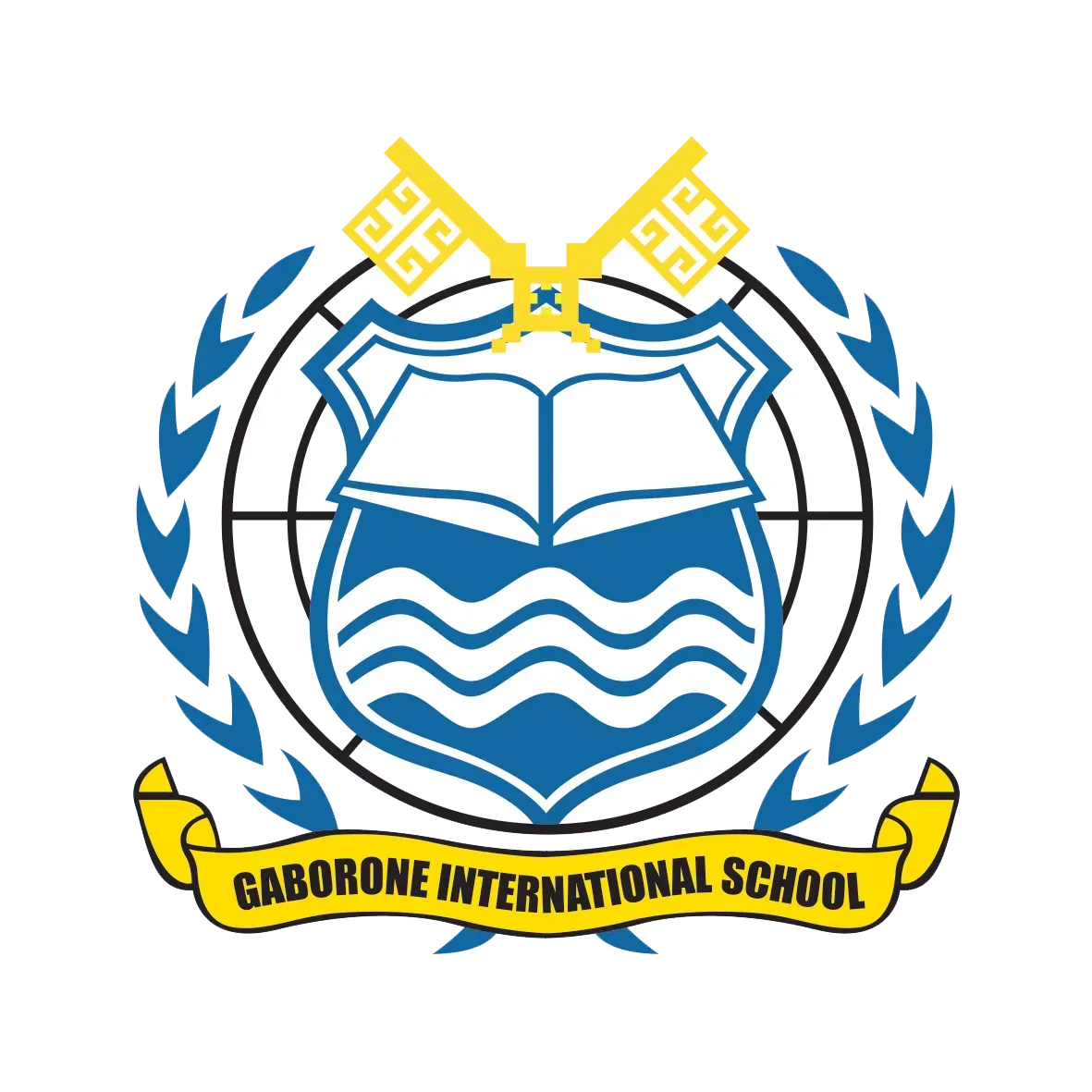Gaborone International School: Leveraging Technology to Drive Collaborative Learning
In today’s rapidly advancing digital world, Gaborone International School (GIS) stands at the forefront of innovative education in Botswana. By embracing cutting-edge educational technology, GIS is redefining the traditional classroom and transforming it into a vibrant, collaborative, and interactive learning environment. The integration of digital tools not only enhances academic engagement but also equips students with critical 21st-century skills—collaboration, creativity, communication, and critical thinking.
A Vision for Future-Ready Learning
At GIS, technology is more than just a teaching aid—it’s an essential part of our educational philosophy. We believe that collaborative learning prepares students for the real world by encouraging them to work in teams, share ideas, and solve problems together.
Our school has invested in advanced learning technologies including:
- Guided Readers
- ADvLEARN
- Robotics kits
- Drones
- Virtual Reality (VR) headsets
These tools create immersive and collaborative experiences that drive both academic success and personal growth.
Guided Readers: Enhancing Literacy Through Shared Learning
Reading is a foundational skill, and GIS promotes it through the use of Guided Readers, a digital platform offering leveled reading resources tailored to individual learners. This interactive tool transforms reading into a collaborative experience, allowing students to:
- Participate in paired reading sessions
- Engage in group discussions
- Conduct peer assessments
This social approach to literacy encourages students to listen attentively, express their ideas clearly, and understand different perspectives. Teachers can monitor progress in real-time, offer personalized feedback, and adapt instruction to meet each student’s needs. The result is a classroom where reading is not only accessible and inclusive, but also dynamic and engaging.
ADvLEARN and Personalized Collaboration
GIS integrates ADvLEARN, an intelligent learning platform that adapts to each student’s academic progress. While the platform is tailored to individual learners, it also supports group learning through shared tasks, feedback loops, and performance tracking. Students collaborate on assignments, explain concepts to peers, and build their understanding through guided interactions—making learning both personalized and participatory.
STEM Innovation: Robotics, Drones, and VR
Technology-fueled group projects in STEM (Science, Technology, Engineering, and Mathematics) at GIS provide powerful platforms for collaboration:
- Robotics kits inspire teamwork and innovation, as students design, build, and program robots in small teams.
- Drone programming encourages students to apply theoretical knowledge in real-world applications while working together on navigation challenges.
- VR headsets immerse learners in virtual environments, where exploration and group problem-solving make subjects like history, biology, and geography come alive.
These hands-on experiences foster creativity, logical reasoning, and digital literacy—skills essential for future careers in a tech-driven world.
Why Collaborative Learning Matters at GIS
GIS is committed to holistic education that balances academic achievement with character development. Collaborative learning:
- Builds self-confidence and leadership
- Encourages empathy and respect for diverse viewpoints
- Prepares students for team-oriented workplaces
- Strengthens communication and interpersonal skills
By working together on tech-integrated tasks, students at GIS become not only better learners but also global citizens who are ready to thrive in a connected world.
Conclusion: Technology Meets Teamwork at GIS
At Gaborone International School, our approach to learning is rooted in innovation, inclusivity, and student empowerment. By combining state-of-the-art technology with a strong emphasis on collaboration, GIS offers a dynamic educational experience that develops both minds and character.
Through platforms like Guided Readers and ADvLEARN, and interactive tools such as robotics and VR, students at GIS are gaining the skills they need to excel academically and lead confidently in the future.
Explore how GIS is shaping future leaders—where technology meets collaboration, and excellence begins.



